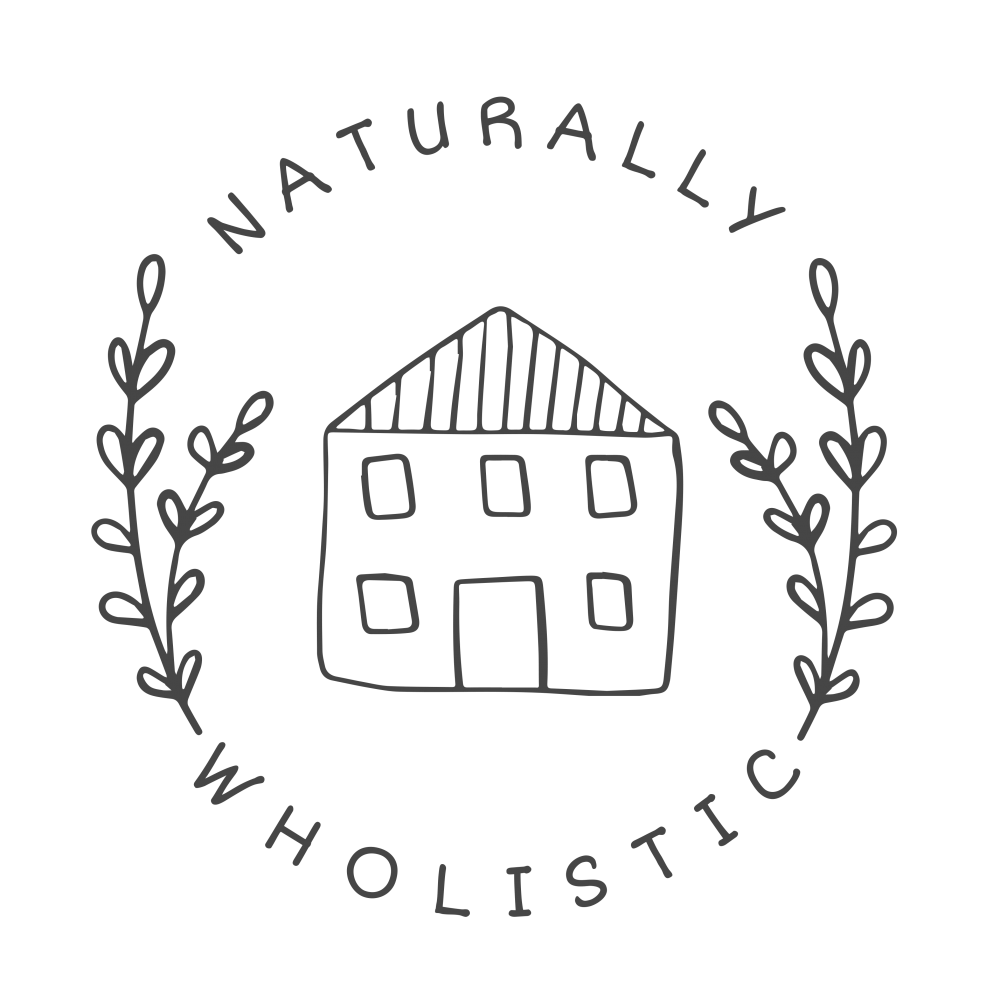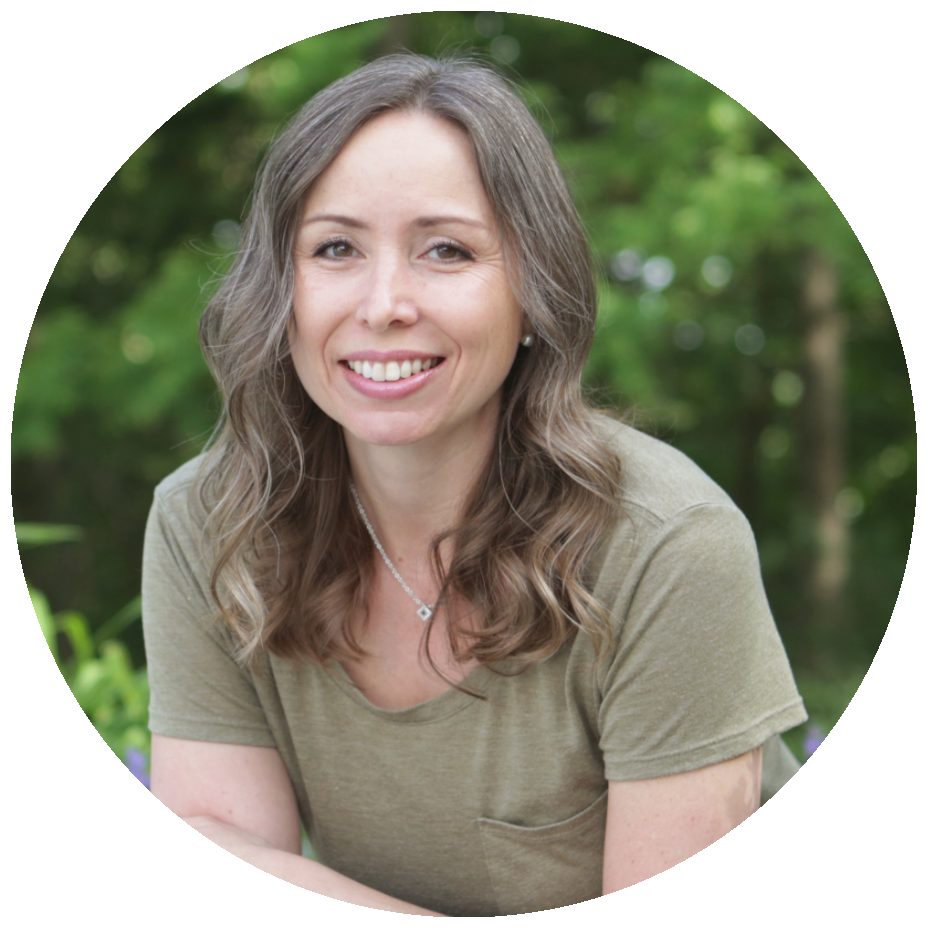It’s been an interesting month. And by “interesting,” I really mean anxious, scary, sleep-deprived, and agonizing.
You see, I found a lump in my breast at the end of March.
.jpg) So many terrifying thoughts went through my head. Even though I knew that 80% of breast lesions are benign, I couldn’t shake the scary what-ifs and keep-you-awake-all-night thoughts. Especially after witnessing one of my dear friends walk (and gracefully survive!) the breast cancer journey, I had convinced myself I was going to be taking the same path.
So many terrifying thoughts went through my head. Even though I knew that 80% of breast lesions are benign, I couldn’t shake the scary what-ifs and keep-you-awake-all-night thoughts. Especially after witnessing one of my dear friends walk (and gracefully survive!) the breast cancer journey, I had convinced myself I was going to be taking the same path.
The wait for each appointment felt agonizingly long. First, a visit with my primary care physician confirmed we needed to check it further. Then, I had a mammogram and ultrasound, which revealed an additional mass that I didn’t even know existed. We also discovered that I have “heterogeneously dense breast tissue,” which is common in about 40% of women but increases the risk for breast cancer. After those findings, I scheduled an appointment with the breast surgeon for an opinion about how to proceed. And then finally, I endured two incredibly intimidating biopsies of my breast.
Though I prayed constantly and clung desperately to my faith in the One who knit me together and held me through all of this, the vulnerability and un-grounding that I experienced was overwhelming. Especially as I consented to have vacuum-assisted and core needle biopsies of my breast, I felt so out of control, powerless, and utterly terrified. These appointments, scans, and procedures clouded all of my thoughts during the day and stole my sleep at night.
On top of that, my paralyzing fear made me unable to think rationally and question extra screenings and procedures in the moment – like the additional mammogram that is required immediately following biopsies to confirm placement of the titanium markers (that I wasn’t even sure I wanted inserted into my body). It’s such a vulnerable place that makes you second guess all of your beliefs because these interventions are all considered standard procedure. In hindsight, I really wish I had been more prepared ahead of time so I could think about what I wanted outside the moment.
.jpg) Thankfully, both biopsy results revealed benign breast tissue changes.
Thankfully, both biopsy results revealed benign breast tissue changes.
One site was determined to be a fibroadenoma (a common benign breast tumor), and the other site revealed a conglomerate of fibrous and cystic tissue with benign breast tissue changes. Praise God from whom all blessings flow! I am SO thankful and my relief is overwhelming, but this was a serious learning experience for me. I’m very thankful for this wake up call because I didn’t put that much effort into breast health before. I’ve made so many other positive health changes in my life, but my breasts and reproductive health weren’t issues I considered heavily.
That changes today.
Aside from the obvious monthly breast self exam (#knowyourboobs), I’m seeking out some other preventative measures as well. I’ve made an appointment for my first breast thermography screening as a complementary tool, and plan on adding that into my wellness routine. While there is debate in the medical field about it’s efficacy, women with dense breasts (like me) don’t have a lot of great options for screening. And while it is actually somewhat common for women in their 40’s to have dense breasts, it still makes screening for cancer difficult. Even though mammography is considered the “gold standard” of care, it isn’t nearly as effective for women with dense breast tissue, not to mention that there’s debate about the health outcomes of accumulated exposure to low-level radiation. Breast MRI is a viable alternative for me, but my health insurance won’t cover regular screenings even though it’s been deemed medically necessary because I now fall into the 20%+ risk category with the combination of dense breasts, two+ biopsies, and a family history on my Dad’s side.
As a result of this experience, I am doing more research and seeking alternative preventative measures (including natural supplements) to decrease my breast density naturally which would, statistically, lower my breast cancer risk. I know, I know, it sounds like quackery, but there is some strong evidence out there supporting the possibility.
.jpg) First, there is a correlation with dense breast tissue and the use of hormonal birth control, and I am embarrassed to admit that I’ve been using some form of hormonal birth control for my entire adult life. Sadly, it’s only been in the last 18 months that I even considered the effects of it on my health. Again, embarrassing but true. I blindly assumed it was safe. I was wrong. I now know that there is so much evidence pointing to the negative effects. When you know better, you do better. As such, I will be having my IUD removed later this month.
First, there is a correlation with dense breast tissue and the use of hormonal birth control, and I am embarrassed to admit that I’ve been using some form of hormonal birth control for my entire adult life. Sadly, it’s only been in the last 18 months that I even considered the effects of it on my health. Again, embarrassing but true. I blindly assumed it was safe. I was wrong. I now know that there is so much evidence pointing to the negative effects. When you know better, you do better. As such, I will be having my IUD removed later this month.
Second, there is also a correlation with caffeine consumption and dense breast tissue. I’ve spent years drinking a lot of coffee. I just love the experience of a nice, steamy, creamy, rich-tasting cup of joe. Fortunately, I’ve already been cutting back as I continue on my health journey. So taking that a little further, I’m switching to decaf (or mostly decaf) to help stave off some of the correlated fibrocystic breast tissue changes. Less caffeine is always better anyway!
Third, breast and lymphatic massage moves toxins out of breast tissue and may help to dissolve cystic and fibrous tissue. Plus, self-breast massage can be a wonderful aspect of a holistic self-care routine and overall wellness, so it seems like a great addition to the natural lifestyle habits that have been working so well for me. With the use of a homemade massage oil mixed with lots of healthy essential oils, I’m adding breast massage into my nightly self-care routine. Sorry if it’s TMI, but I’ve already experienced instant relief from premenstrual tenderness with this addition!
Will these additional natural interventions work to lower my density and possibly prevent breast cancer?
I don’t know.
Many women will experience lower breast density as they age anyway, so I have that on my side. But regardless of whether my breast density is an issue or not, preventative health practices are always more healing rather than hurting. God has given me this one precious body, and I want to honor that gift by doing the best I can to take care of it. Diet and lifestyle choices can account for up to 90% of cancer diagnoses, so living preventatively is a necessity. And now that I have a 20%+ risk of developing breast cancer (general population is 12%), all of these choices will only continue to make me healthier.






